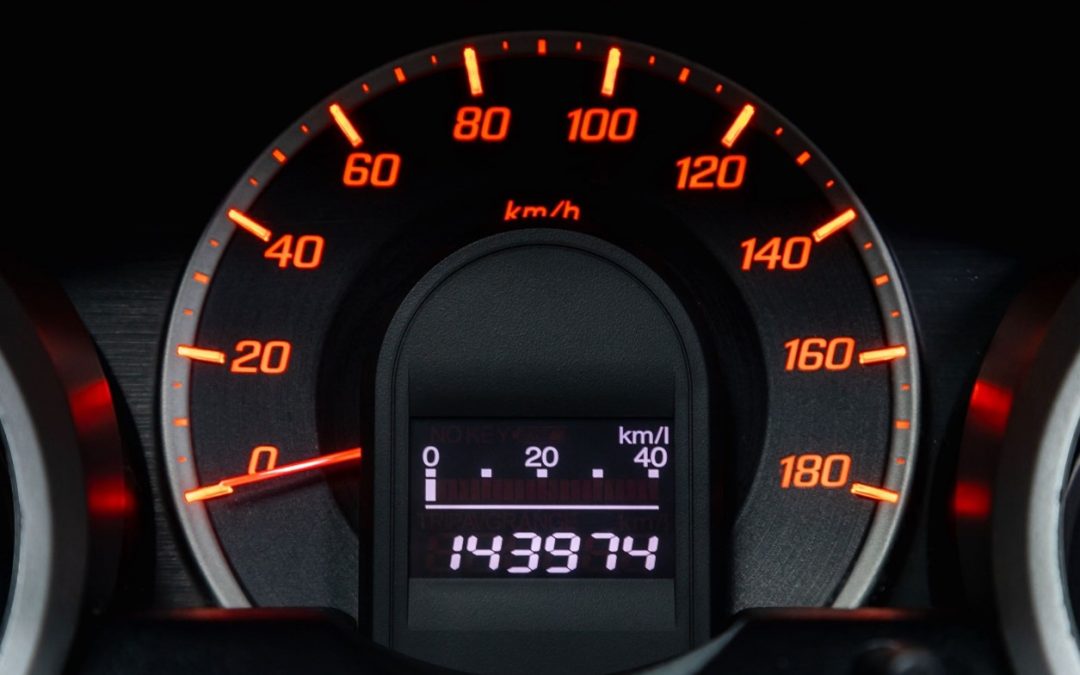With the topic of debates in the news this week, another debate comes to mind…..
Do you own a high mileage vehicle? How often have you engaged in the “To Sell or Not to Sell” debate?
Quite often, we are asked for advice on when people should sell their high mileage cars. This is a tough question to answer because if you’ve been maintaining your car properly, you can get well over 200,000 miles on many vehicles. In fact, the average age of cars on the road in the U.S. has been trending up since sales peaked in 2005 reaching a record 10.8 years in 2011. In these tough economic times people have less money to spend on cars, and they simply keep them longer. In Mexico, the average age of the cars on the road is 15 years!
Yes, it’s an economic decision, but it’s also one of personal preference. Here are some quick questions to ask yourself when determining whether or not you should sell your car.
Debate Question #1 – Can you handle the added cost of a car payment and higher insurance? Remember during the first few years of ownership, the only automotive service cost you should incur is for preventive maintenance every six months or so depending on your driving habits. A quick and dirty calculation is to take a look at how much your new car payment, additional insurance cost, and service expense would be. Contrast this to what you’re spending now to insure and maintain your car. This article, from Consumer Reports, looked in detail at the average annual cost of owning a new car in the first five years across several makes and models. It might provide you with some added insight. But, the bottom line is, if you’ve determined that you can afford the added expense of a new car, then it’s time to move on to other decision criterion.
Debate Question #2 – Are you happy with the safety features on your car? Some of the new cars have some really cool safety features. Here are a few:
- Tire Pressure Monitoring Systems – All passenger cars sold in the U.S. since 2008 are required to have tire pressure monitoring systems. (When auto tires are not inflated to the proper pressure it can result in poor or dangerous handling of your car.) We used to have to pull out the tire pressure gauge and manually check the air pressure. Now, the car does the monitoring work for you!
- Rollover Prevention – A few years ago, several manufacturers introduced intelligent systems to protect you in instances where there was an increased chance of rollover such as driving around a curve at too high of a speed. These systems slow you down and help to stabilize the vehicle. A great safety feature.
- Collision Driver Assist Systems – These pre-collision warning and/or braking systems help drivers to avoid collisions with objects behind the car, in the blind spot, or in front of the car. Some of the systems integrate adaptive cruise control, sway warnings or even detect pedestrians. An example of this technology is the new EyeSight system Subaru is introducing in its 2013 Legacy and Outback models.
- Front Center Mounted Airbags – GM is introducing new front and center mounted airbags in its crossover models for additional passenger protection in case of rollovers. They provide added protection when the driver is the only passenger and when there are two front seat passengers.
Debate Question #3 – How much is having that iPod doc or hands free phone a factor in your purchase decision? The hi tech options that are standard with many newer vehicles are just amazing. Indeed, Wi-Fi and more has come to your car’s “cockpit”. Some manufacturers are offering wireless charging for electronic devices, hands free text messaging, and more. If you want to truly leverage the new “apps” for your car, it might be time to look into the newer models.
Debate Question #4 – Are the intervals between needed repairs becoming an issue for you? Are you being plagued by one repair after another? It’s important to take stock of how much time is being spent caring for your vehicle. If it’s getting to the point where it’s more than just a minor inconvenience, you might want to consider getting another vehicle. Remember, your time is valuable too!
Debate Question # 5 – How comfortable are you driving that “clunker”? And last but not least is the “clunker factor”. Sometimes driving a newer vehicle can give you a boost psychologically. You may just feel better about your car and enjoy driving it more. Do an honest assessment of how you feel when you are driving your car, and be sure to consider what impact “updating” it might have on your life.







0 Comments